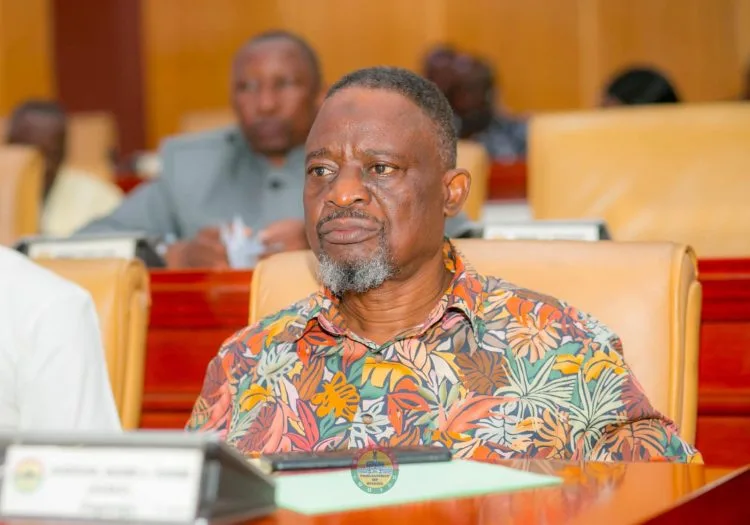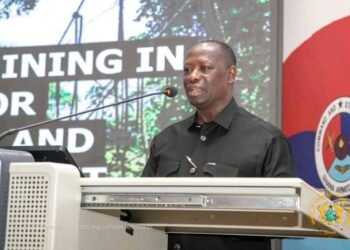The Hajj Taskforce has refuted claims that it abandoned Ghanaian pilgrims during the 2025 Hajj in Saudi Arabia, responding directly to remarks by Bawku Central MP Hon. Mahama Ayariga in Parliament concerning two unaccounted-for individuals from his constituency.
During a parliamentary session, Majority Leader Hon. Mahama Ayariga disclosed that two pilgrims under his care had not returned. He noted with concern that despite reaching out to the Ghanaian Consular Officer in Saudi Arabia, their whereabouts remained unknown.
“I cannot account for two of my pilgrims. I have been calling our Consular Officer there to help us find where they are”
Hon. Mahama Ayariga, Bawku Central MP
Hon. Ayariga linked the disappearance to multiple challenges, including language difficulties, the pilgrims’ inexperience with international travel, and the overwhelming scale of the Hajj gathering.
The Majority Leader further called for enhanced legislation to guide the Hajj process in Ghana, stating that the current system, “heavily reliant on ad hoc structures,” may not suffice in managing such a large and sensitive operation.

Taskforce Rejects Claims
In response, the Hajj Taskforce dismissed the allegations as false and misleading. Speaking on the issue, Alhaji A.B.A. Fuseini, Head of Corporate Affairs at the Hajj Taskforce, stated emphatically that the Taskforce did not abandon any pilgrims officially registered under its care.
“I repeat, the Hajj Taskforce never left one single person behind,” said Alhaji Fuseini in a strong rebuttal, and offered some clarity into Hon. Ayariga’s confusion of the missing pilgrims.
“The Majority Leader is a very accomplished legislator… I’ve been in Parliament with him for 12 years. He’s a very mature politician who speaks on facts, but unfortunately, on this one, the briefing he received was not accurate. Perhaps the person who briefed him misled him”
Alhaji A.B.A. Fuseini, Head of Corporate Affairs at the Hajj Taskforce
Alhaji Fuseini explained that the individuals in question were not part of the official Hajj group coordinated through the Taskforce. According to him, investigations had revealed that the two travelled to Saudi Arabia on tourist visas rather than through the official Hajj channels.
“They did not go with a Hajj visa, and for that matter, I am sure that the tourist visa brought them whatever trouble it was,” he stated.

The Taskforce emphasized that its operations remained tightly organized and that every individual under its official Hajj programme was accounted for and returned safely.
The clarification aimed to protect the credibility of the institution while ensuring the public understood the distinction between sanctioned pilgrims and those who embark on the journey independently.
Stronger Hajj Governance
While denying culpability, the Taskforce welcomed Hon. Ayariga’s suggestion for improved Hajj legislation.
The growing number of Ghanaians participating in the pilgrimage each year, coupled with logistical and diplomatic complexities, has prompted calls from various stakeholders for a more robust legal framework to standardize Hajj operations.
The government has continued to prioritize the welfare and safety of Ghanaian citizens abroad, especially during high-risk and large-scale religious gatherings like Hajj.
The case of the missing pilgrims – though now linked to non-official channels – has reignited national dialogue around Hajj governance, particularly on how to ensure accountability even for those who travel outside the purview of official delegations.




















